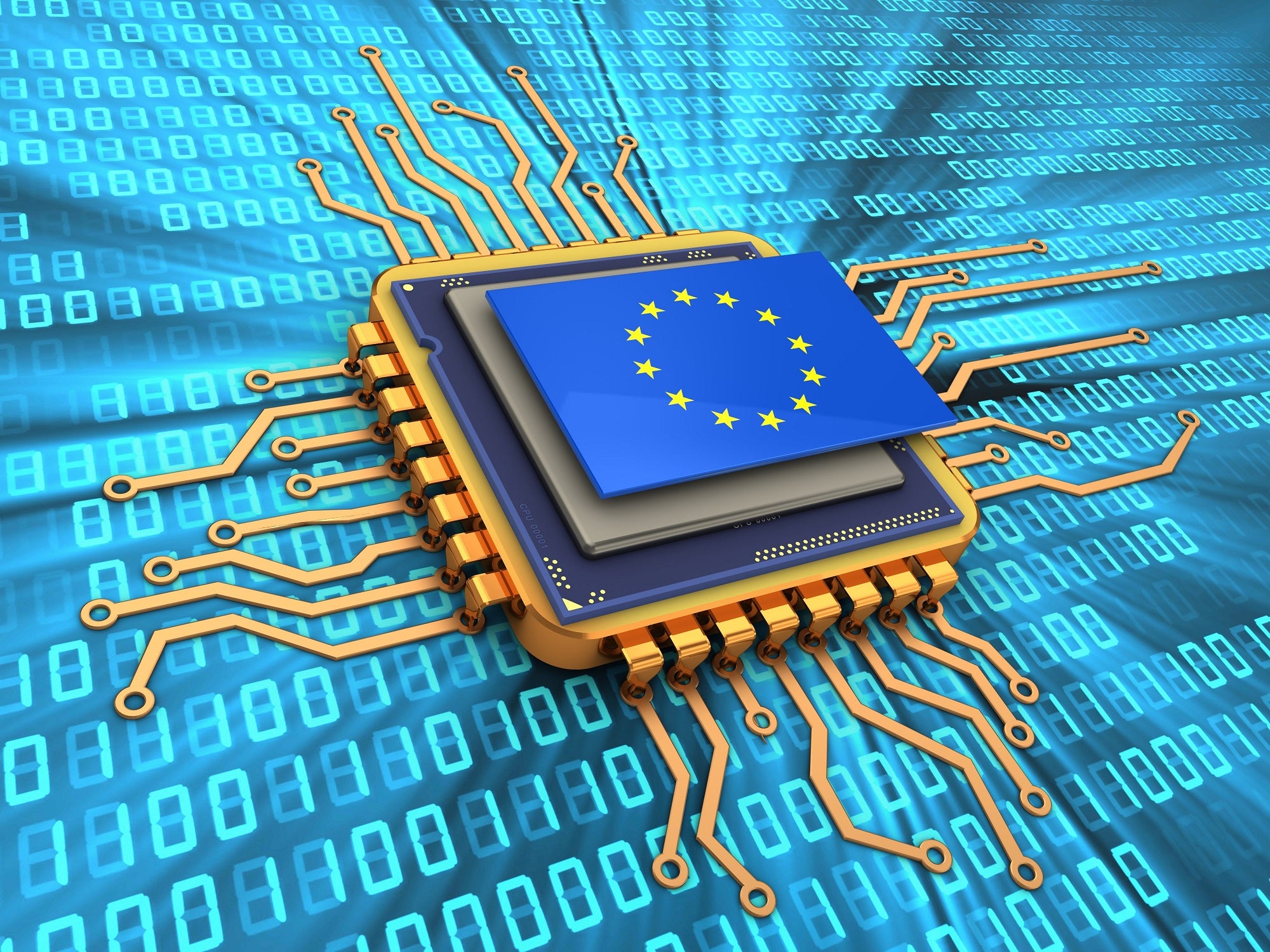
The European Commission (EC) has approved €8.1bn ($8.73bn) in state aid for microelectronics and communication technologies to bolster the bloc’s semiconductor supply chain.
As part of the initiative, 19 member states and Norway will support 68 important projects of common European interest (IPCEI) involving 56 companies.
The projects include research and development into materials, designs, manufacturing, tools and testing of chips.
According to the EC, the projects are expected to facilitate the development in industries, such as 5G and 6G, artificial intelligence, autonomous vehicles, IoT, and quantum computing.
In addition, they will assist businesses engaged in the production, transfer, and consumption of energy in making the shift to a more environmentally friendly business model, it added.
Some of the companies participating in the project include Airbus, Bosch, Ericsson, GlobalFoundries, NXP, Renault, STMicroelectronics and Valeo.
How well do you really know your competitors?
Access the most comprehensive Company Profiles on the market, powered by GlobalData. Save hours of research. Gain competitive edge.

Thank you!
Your download email will arrive shortly
Not ready to buy yet? Download a free sample
We are confident about the unique quality of our Company Profiles. However, we want you to make the most beneficial decision for your business, so we offer a free sample that you can download by submitting the below form
By GlobalDataThe EC hopes that the state aid will unlock €13.7bn ($14.76bn) in private investments and generate 8,700 direct jobs.
Early in 2022, the commission put forth the EU Chips Act, with the ambitious goal of producing 20% of the world’s chips by 2030. These IPCEI projects are a part of that strategy.
The novel products from the project could hit the market as early as 2025, and it is expected to complete in 2032.
EU Commissioner for Internal Market Thierry Breton said: “This latest IPCEI approved today is yet another demonstration of the EU Chips Act already triggering considerable public and private investment across the European semiconductor value chain: from materials to design, from equipment to advanced packaging.
“By investing in our innovative companies, we are investing in Europe’s technological and industrial leadership in semiconductors, as well as our security of supply and economic security.”




